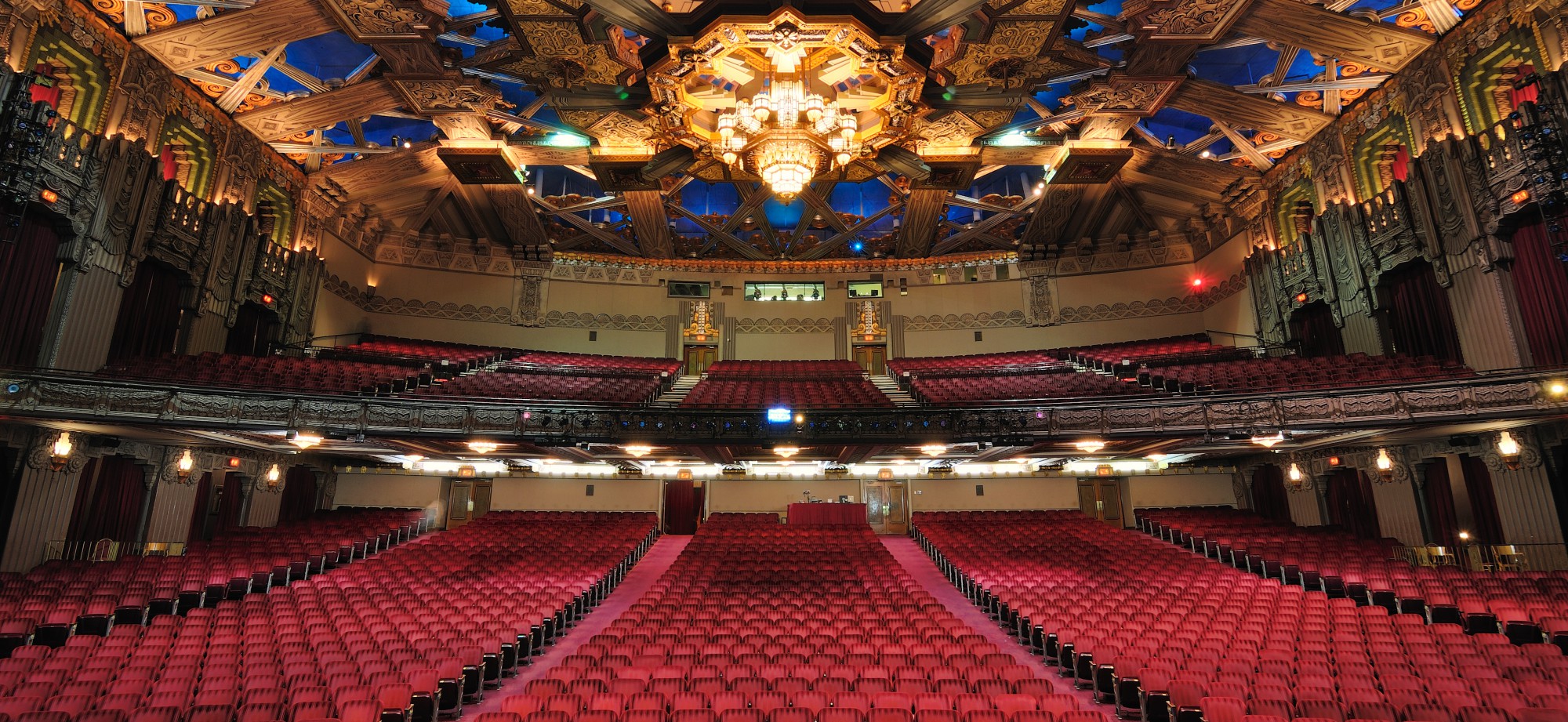
1956—the Eisenhower years, fondly or angrily remembered by those who can still remember as a time of big cars, Elvis Presley, black and white television, a time when people knew their place and chafed against it. Bigotry was rampant and the glass ceiling was so low and thick it crushed those who couldn’t crack it. It wasn’t all that great. It was also the time of Tennessee Williams who was still in ascendancy with great plays yet to be written. His screenplay for Baby Doll, directed by the Elia Kazan, derived from a much earlier one-act called 27 Wagons Full of Cotton. It featured the steamy Carroll Baker in the title role as an immature, nineteen-year old virgin married to a much older man, Archie Lee Meighan (Karl Malden). It is a dark comedy peppered with unrequited lust and impotent violence. The Roman Catholic Church found the movie so offensive, they condemned it, and forbade worshippers from seeing it. It garnered many nominations and awards and gave the world its first look at Eli Wallach as a movie star.

The Fountain Theatre’s production of the West Coast premiere of Baby Doll, adapted by Pierre Laville and Emily Mann from Tennessee Williams’ screenplay, stars the excellent Lindsay LaVanchy in the title role. Baby Doll, nubile, immature and not just a little dim (she left school in the fourth grade; long division made her cry), married Archie Lee at the behest of her dying father, who wanted to make sure she was cared for. The deal was that the marriage would not be consummated until Baby Doll was ready, with the deadline set for her twentieth birthday, two days from the start of the action. Archie’s wet lust is palpable. Played with aching intensity and pent up frustration by John Prosky, Archie is the poster-boy stereotype of the male chauvinist pig. It is quite clear that Baby Doll loathes him, but she has few, if any, alternatives. Pretty, undereducated and childish, she is ripe for victimization. And Archie is over the moon with the anticipation of satisfying his pent up lust. This is classic, fascinating Williams.

The wild card in the story is Silva Vacarro (Daniel Bess, a handsome, muscular Adonis), the owner of a modern cotton gin nearby that has put Archie and his old plantation gin out of business. When Vacarro’s operation is torched and burned to the ground, he comes to Archie Lee with twenty-seven wagons full of cotton to be ginned. Archie Lee cheerfully accepts the deal in a condescending manner and leaves Baby Doll to entertain the Sicilian. The scenes between Silva and Baby Doll are priceless as Silva pursues her with sexual purpose and an agenda. The fourth character in the show, baby Doll’s Aunt Rose Comfort (the delightfully dotty Karen Kondazian), is an older, not too bright, single woman who has survived as a family cook going from relative to relative in times of need or desperation. Archie has little patience for her. These vividly drawn characters, with all their flaws, individual agendas and conflicting purposes, surge to a vigorous climax and a wistful dénouement.

Smartly directed by Simon Levy, the production design by Jeffrey McLaughlin and lit by Ken Booth makes maximum use of minimum space. The costume design by Terri A. Lewis defines the characters. The dialect work, coached by Tyler Seiple, is authentic.
Baby Doll continues through September 25 at The Fountain Theatre, 5060 Fountain Avenue (at Normandie) in Los Angeles. If you love Tennessee Williams, don’t miss this production. Who knows when it will come around again?

One thought on ““Baby Doll” at The Fountain Theatre”